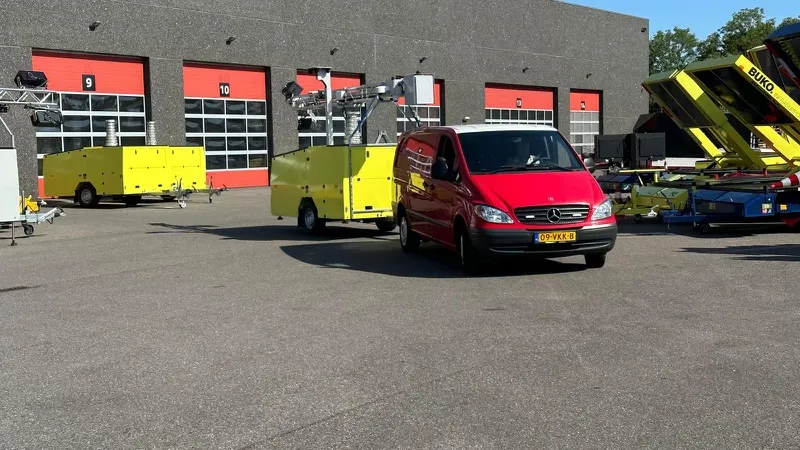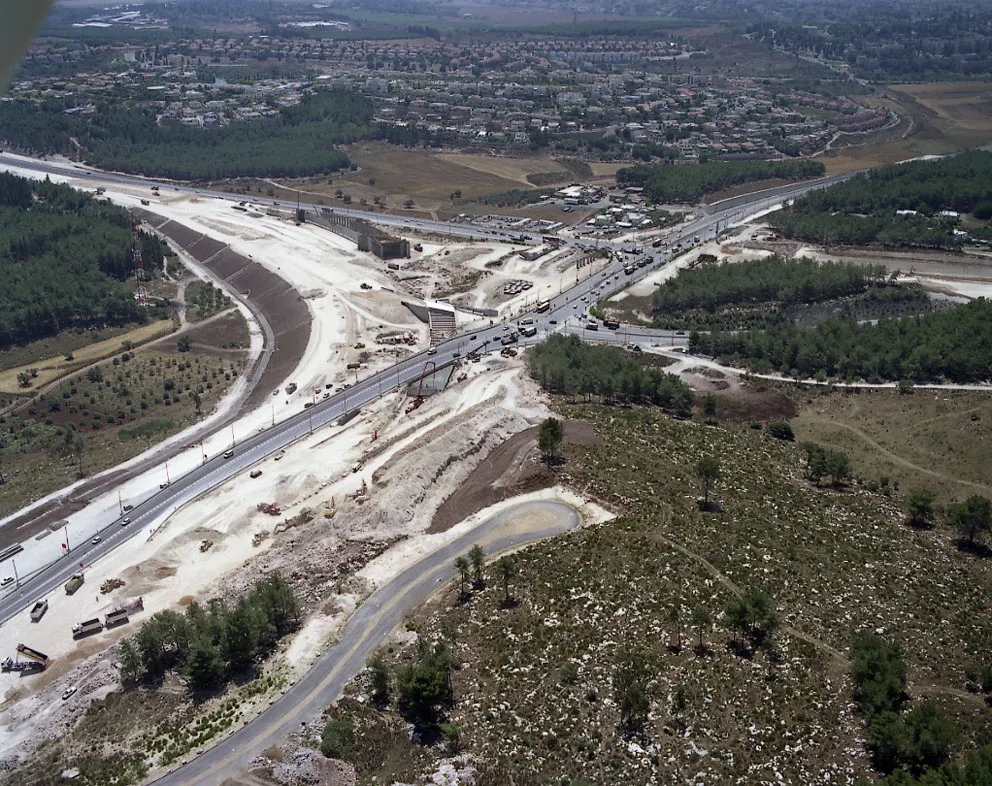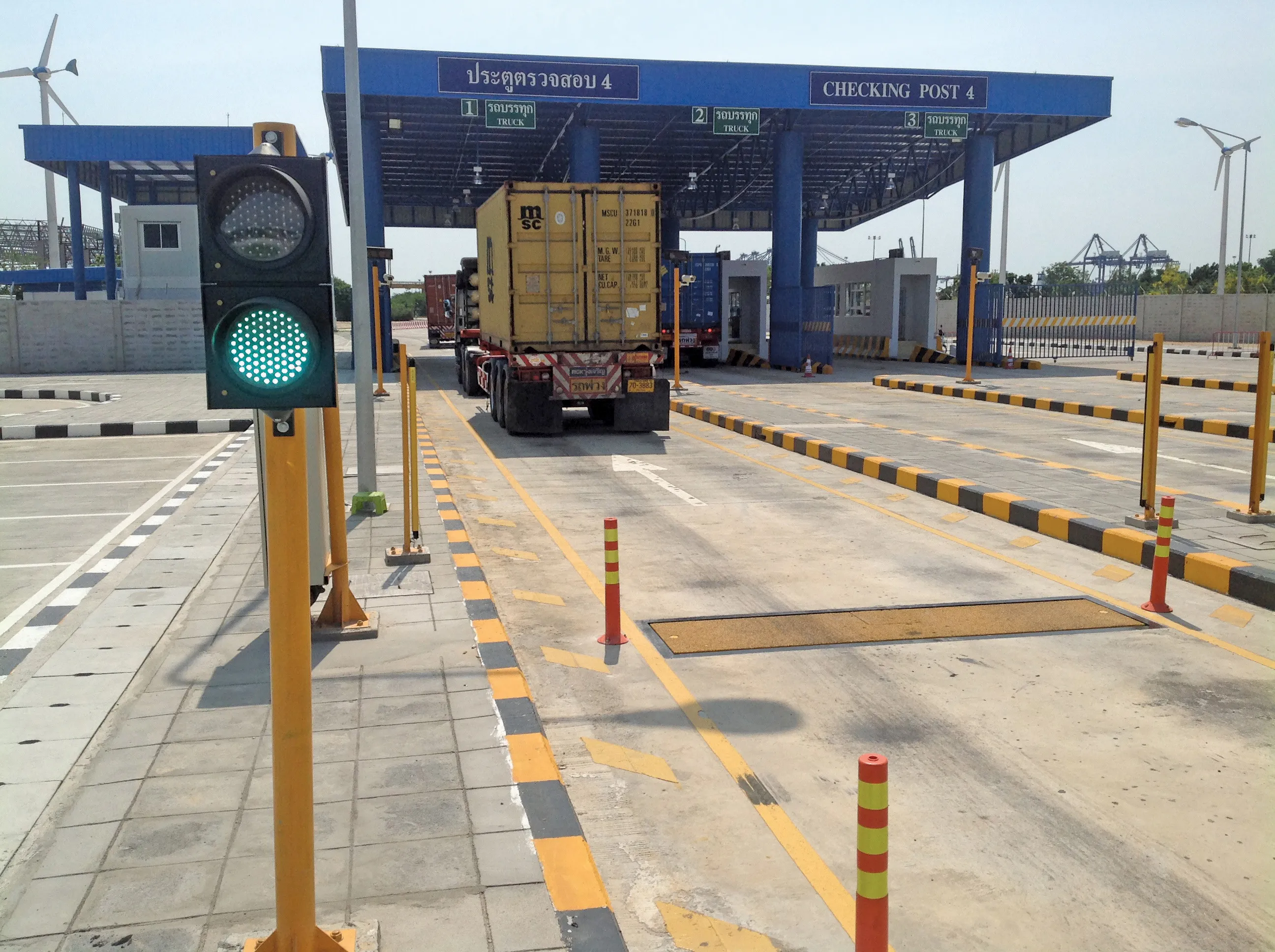In Switzerland the authorities intend to introduce tough regulations that will boost safety on the nation’s roads. The Swiss National Council voted measures including stricter penalties for people convicted of speeding.
March 22, 2012
Read time: 1 min
In Switzerland the authorities intend to introduce tough regulations that will boost safety on the nation’s roads. The Swiss National Council voted measures including stricter penalties for people convicted of speeding. Speeding would be defined as driving at 100 km/h in built-up areas, where the speed limit is 50 km/h, and at 200 km/h on motorways with a speed limit of 120 km/h. Offenders could face from 1-4 years in prison. The Swiss National Council also approved a 0% alcohol limit for new drivers and commercial bus drivers.








